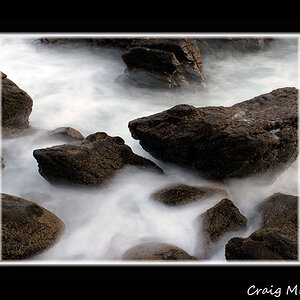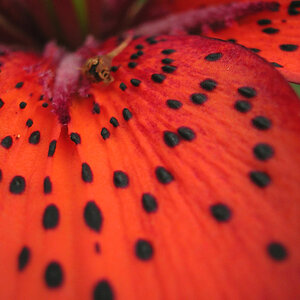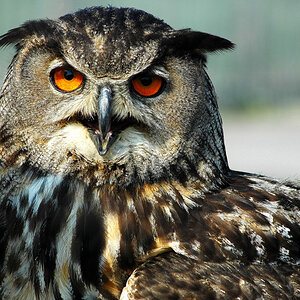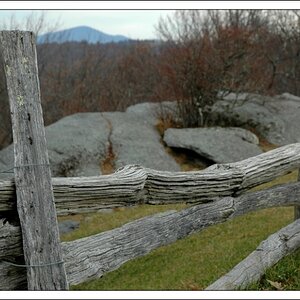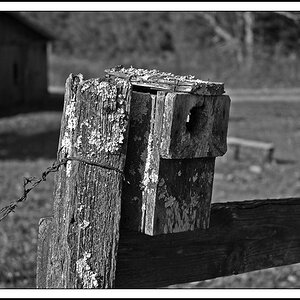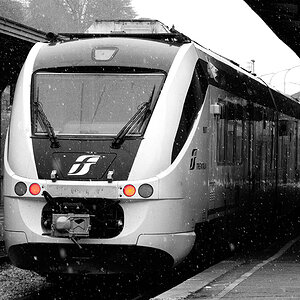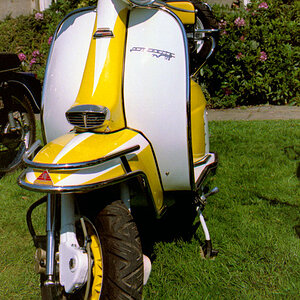sincere
TPF Noob!
- Joined
- Jan 5, 2006
- Messages
- 475
- Reaction score
- 1
- Location
- Berlin
- Can others edit my Photos
- Photos NOT OK to edit
I keep reading these reviews from websites that do scanner tests and reviews and as it turns out, all of the "more affordable" scanners do not reach anywhere neard the dpi that the manufacturers claim.
Heres a review of the Epson V700 that i wanted to get (skip to the image quality paragraph). It states that the actual dpi the scanner was able to reach was 2300dpi, compared to the 6400 dpi that is indicated by the manufacturer.
Whats your take on this? And while we at it, i do need a affordable scanner
Thanks.
Heres a review of the Epson V700 that i wanted to get (skip to the image quality paragraph). It states that the actual dpi the scanner was able to reach was 2300dpi, compared to the 6400 dpi that is indicated by the manufacturer.
Whats your take on this? And while we at it, i do need a affordable scanner
Thanks.


